Rail stations across Tayside and Fife were near deserted on Tuesday on the first of three UK rail strikes.
A hastily made poster pinned to the window of Dundee’s £38million pound station warned customers of “disruption” as striking RMT members brought the service to a near standstill.
A solo ScotRail ticketing officer staffed the front desk.
But there were no services to or from the station during the day with the window note stating “regrettably there is no alternative transport available.
“Passengers are advised to make their own alternative arrangements.”
RMT members, including signal and maintenance workers, are striking over pay, job cuts and conditions.
Inverkeithing rail sites eerily quiet
Passengers had almost completely abandoned the normally busy commuter station in Inverkeithing.
The ticket office was still open, but the platforms were empty.
Electronic signs conveyed the message there would be no services on this route during Tuesday and the two remaining days of strike action.
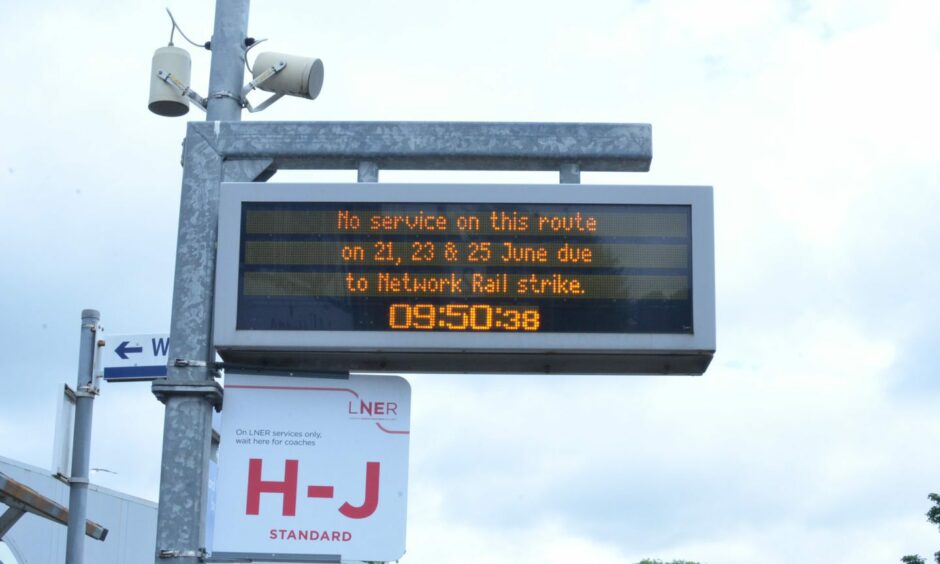
They are Thursday, June 23, and Saturday, June 25, with further disruption expected across the network around those dates.
The former marking the first day of the Royal Highland Show – the 200th anniversary of the fixture in the annual agricultural calendar.
At the nearby industrial estate in Inverkeithing, Network Rail’s maintenance delivery unit was shut, with fleet vehicles parked outside.
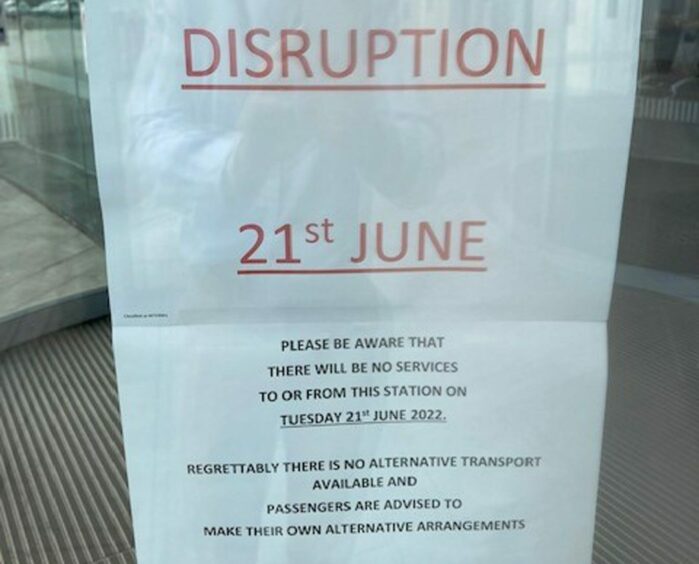
Traffic Scotland had warned motorists that the roads may be busier than normal but morning commuter traffic did not appear significantly busier than normal.
Anecdotally, many people had chosen not to travel on the strike days if they were able to do so.
Dundee buses busy as rail passengers look elsewhere
Dundee bus station appeared busier than usual. Operators, such as Stagecoach, have reported an upswing in ticket sales in the days leading up to the strikes.
Members of the RMT union held pickets in Edinburgh, Glasgow and Aberdeen. But local stations remained eerily quiet during the biggest rail strike for 30 years.
Meanwhile, Scottish Government transport minister Jenny Gilruth looked to heap pressure on her UK counterpart Grant Shapps over his handling of the industrial dispute.
She has written to the UK Government, urging them to do more to enable a settlement of the dispute.
The transport minister said Network Rail and the relevant train operating companies should “get back round the negotiating table with the RMT.”
“A resolution to this dispute is possible; but you will require to inject the political willing which has, thus far, clearly been lacking.”
The UK Government Department of Transport did not respond before deadline.
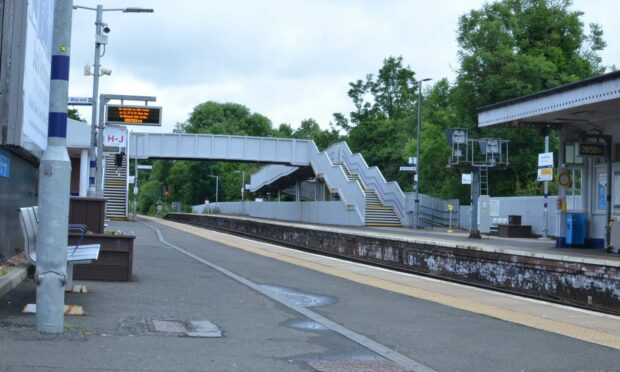
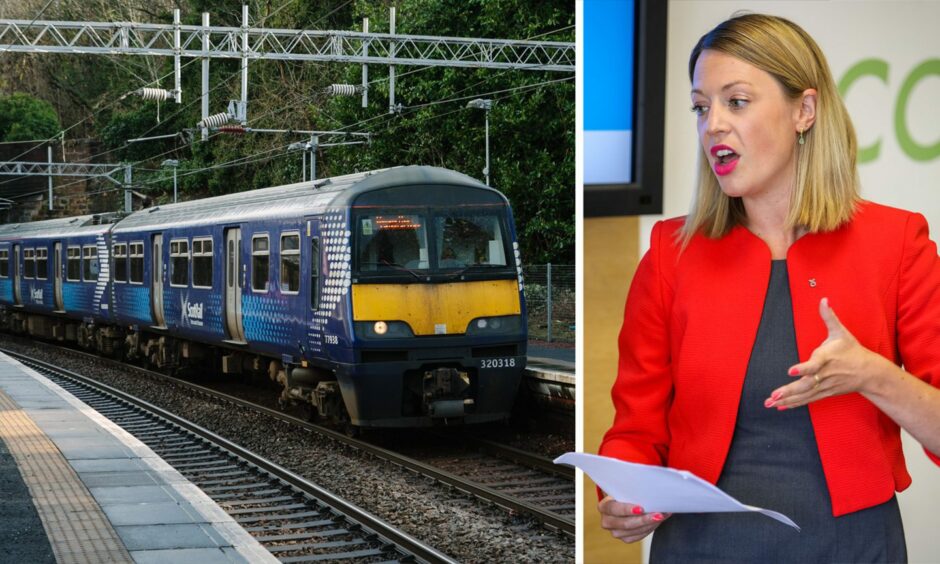
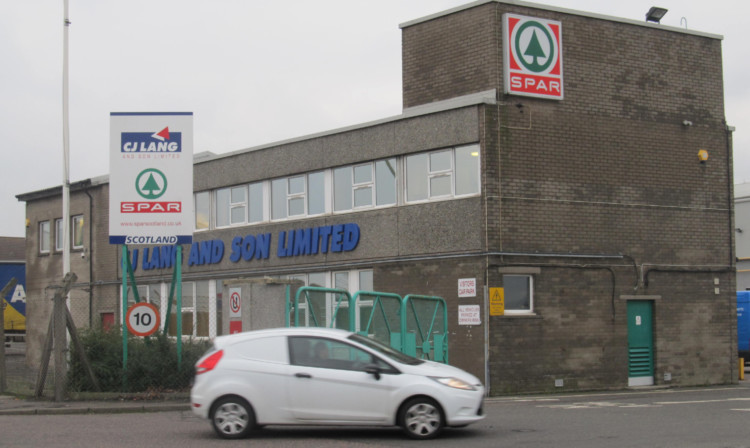

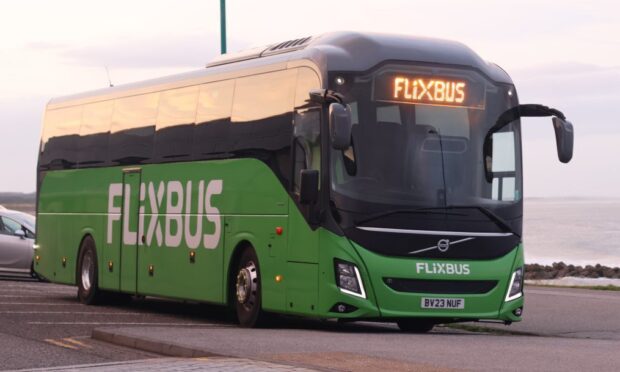

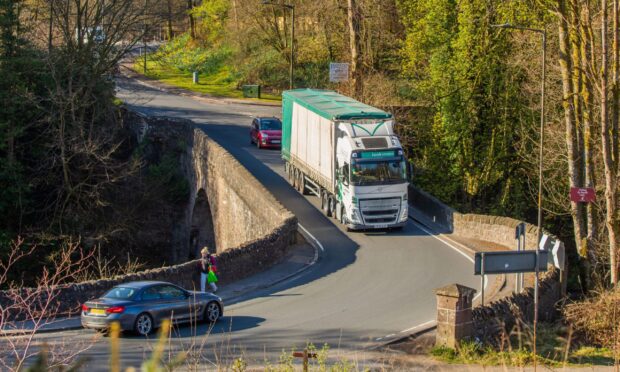





Conversation